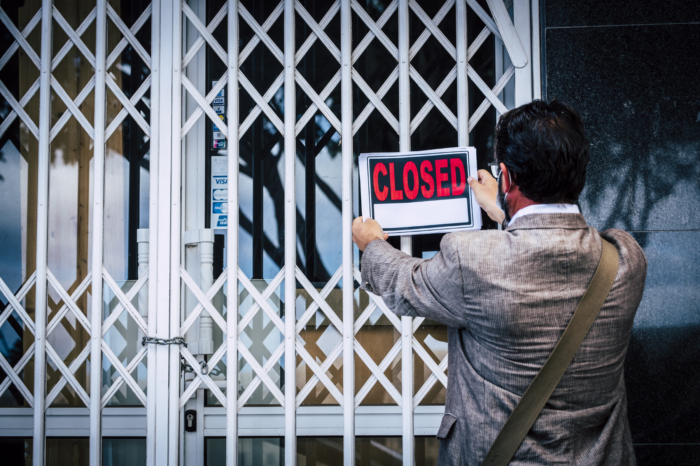Order in the Court: The United States v. Google

The recent ruling against Google in a case brought by the Department of Justice and state attorneys general is noteworthy. While the decision will be appealed, the remedy phase of the trial begins this week, and any remedy is likely to disappoint increasing demands from biased observers to break up the company.
The decision against Google, if upheld on appeal, holds that Google had obtained its monopoly position on the merits. The decision suggests Google earned its market dominance in mobile by being better than its competition. Consumers willingly chose Google and were not forced.
The decision further acknowledges that earning a monopoly position is not a violation of the law. However, antitrust law prohibits a company from engaging in anticompetitive conduct to maintain a monopoly.
This is where the judge found that Google crossed the legal line. According to the court, Google’s monopoly status was legally earned until it entered long-term exclusive contracts to secure its position as the default search engine on mobile devices. The judge deemed this practice to be conduct that no longer allowed Google to earn its monopoly status on merits, but instead made payments to maintain it.
There is debate about whether the judge should have readily agreed with the government’s definition of “general search” as the correct market definition. After all, defining a market too narrowly or in a manner that does not reflect consumer behavior, can make it easier to label a company a monopoly.
Here, the decision is unclear. Although paying to be the default search engine might seem like a means to avoid competition, the opinion recognizes that Google has consistently made investments to improve its search engine and largely remains ahead of its competition regarding quality. While being the default search engine is beneficial, it’s also relatively easy for consumers to change their default settings.
Antitrust remedies should specifically address any unfair practices that limit competition, aiming to restore a competitive market. They also shouldn’t ban practices that encourage competition or impose penalties unrelated to the violation.
Too broad of a remedy could discourage competitive behavior (indeed, the court found that short-term exclusive contracts can promote competition) and stifle innovation, especially for a company that obtained its market-leading status on the merits. As in any legal proceeding, the court should only impose a targeted remedy, not an outlandish one.
WY We Care: Your Wyoming Chamber of Commerce is in favor of a competitive environment that encourages entrepreneurial and innovative thinking to ultimately create a thriving economy. Allowing competition allows for a healthy business environment, which we strive to have in this state and country. We encourage and advocate for businesses and these ideals to make Wyoming the best place to live, work, and do business.


